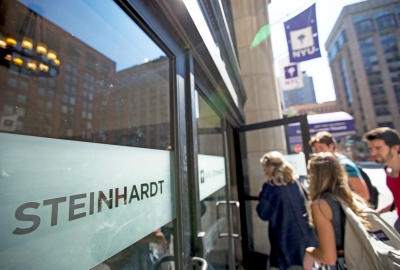This course examines theories, technologies, and practices of listening in the modern world. How has our experience of sound changed as we move from the piano to the personal computer, from the phonoautograph to the mp3? How have political, commercial, and cultural forces shaped what we are able to listen to, and how we listen to it? Finally, how have performers, physiologists, and philosophers worked to understand this radical transformation of the senses?
Course #
MCC-UE 1717
Credits
4
Department
Media, Culture, and Communication


